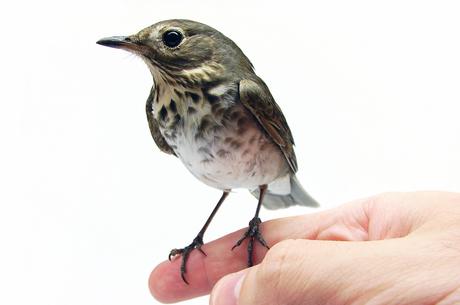GR: This article by Brandon Keim includes calls on people to apply the concept of animal welfare to wild animals. Applying animal welfare doesn’t mean that animal needs are more important than human needs. However, it does mean that we should not cause animals unnecessary pain or death and that we should treat animals as humanely as convenient. Go here for more on animal welfare and animal rights, the idea that animals have rights equalling ours.

Matt Reinbold (CC 2.0)
“When land is converted to human use, the environmental impacts are typically measured in terms of pollution and populations and species. Unless they’re endangered, the fate of individual animals doesn’t enter the discussion. They’re practically invisible. Given the vast scale of human development and the care given to domestic animal welfare, it’s a big inconsistency.
“Development’s consequences are not limited “to impacts on the environment and biodiversity,” says Hugh Finn, an environmental law professor at Australia’s Curtin University. “The concept of harm should include harm caused to the welfare of individual wild animals.” Writing in the journal Wildlife Research, Finn and Nahiid Thomas, a wildlife pathologist at Murdoch University, call for animal welfare to be included in environmental impact statements.
“The welfare of wild animals, however, is still a niche issue, though not for the animals themselves. As Finn and Thomas point out, animals are frequently killed by machinery, earth-moving and vegetation-clearing. Those who survive often find themselves without homes, competing in a radically transformed landscape that’s been stripped of food and laid open to invasion. They experience physical pain and psychological distress. In the Australian states of Queensland and New South Wales alone, Finn and Thomas estimate that converting habitat to human use kills 50 million mammals, birds and reptiles each year. Globally those numbers hit the billions.
“By the standards applied to domestic animals, these are clearly welfare issues, and ignoring that “is an act of wilful blindness,” write Finn and Thomas. They urge governmental bodies “to require decision-makers to take animal welfare into account when assessing land clearing applications.” –Brandon Keim (Continue reading: Accounting for individual animals in the Anthropocene | Anthropocene.)

